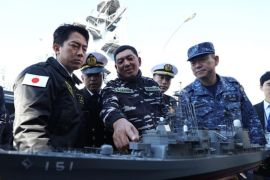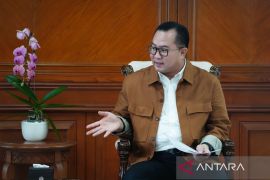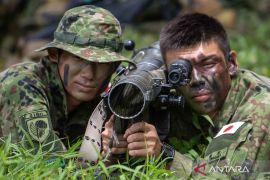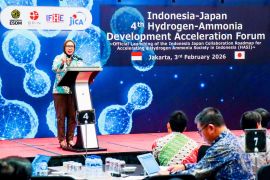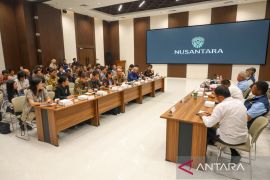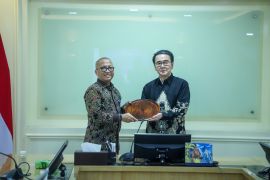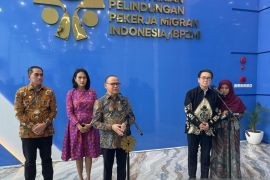"Today, the government of Japan asked the agency to provide expert missions. We are in discussions with Japan on the details," Amano told IAEA member states in a closed-door technical briefing at the watchdog`s Vienna headquarters.
As soon as the devastating earthquake hit Japan on Friday, damaging the Fukushima nuclear plant located 250 kilometres (160 miles) northeast of Tokyo, the IAEA made a formal offer of assistance to the government.
Japanese-born Amano described the 8.9-magnitude earthquake and the devastating tsunami it triggered as "a tragedy of cataclysmic proportions. This has been one of the greatest natural disasters of modern times, the full extent of which is still becoming clear."
The events of the last few days were "truly unprecedented," Amano continued.
"The modern infrastructure of a highly industrialized country has been dealt a devastating blow by the immense destructive power of nature. I send my deepest condolences to the people and government of Japan."
The giant nuclear plant of Fukushima was damaged by the quake, with two explosions hitting separate reactor units there.
But "the reactor vessels have held and radioactive release is limited," Amano insisted.
Earlier, the IAEA had issued a statement saying the Japanese authorities had reported that Fukushima Daiichi Unit 2 had "experienced decreasing coolant levels in the reactor core."
Officials had begun to inject sea water into the reactor to maintain cooling of the reactor core, it said.
And sea water injections into Units 1 and 3 had been interrupted on Sunday "due to a low level in a sea water supply reservoir, but sea water injections have now been restored at both units."
Amano said that, as from Tuesday, the IAEA would hold a daily technical briefing for member states and the media taking place at 3:00 pm (1400 GMT). (*)
Editor: Kunto Wibisono
Copyright © ANTARA 2011
